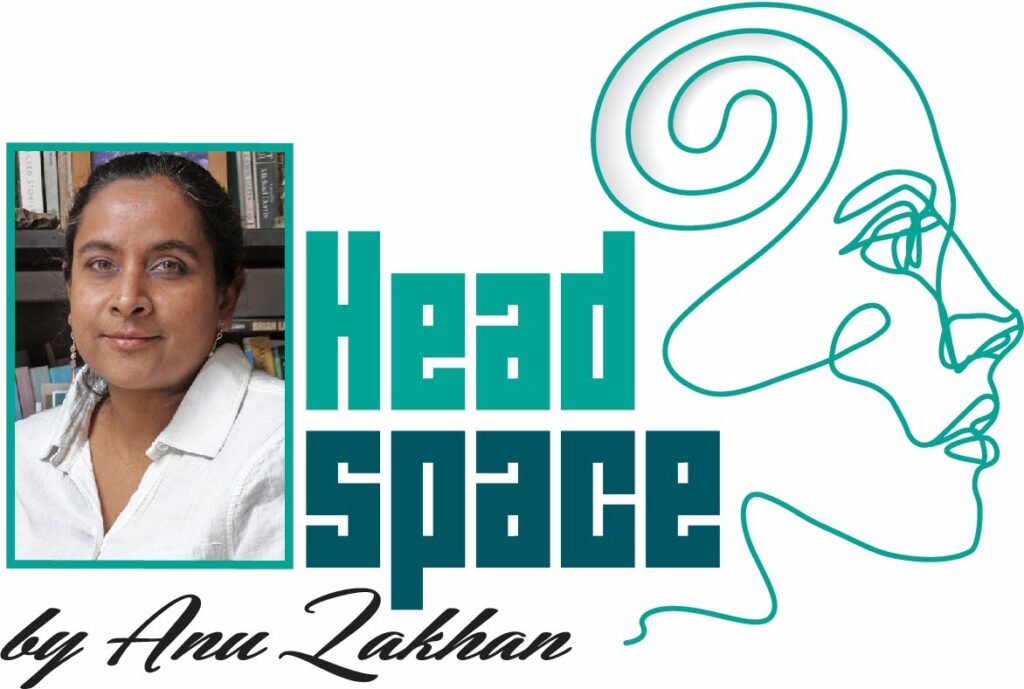What is ‘apology’?

Two weeks ago, Debbie’s son John was harshly dealt with. A boy at his school shoved him out of his seat at lunch and usurped it. When John protested, the usurper summoned his elder brother. The bigger boy stomped on John’s hand and told him to leave his brother alone.
Parents went to the school to find out what could be done about the matter and the principal made it clear that it simply could not be a priority. She had a school event to organise.
Move, for a minute, away from the disturbing goings-on of the children.
The principal of the school is telling understandably distraught parents that the well-being of their son is so insignificant in importance that decorations and social scheduling are worth more of her attention.
I’m sure primary school events are great, but I can’t stop thinking about the hand of a seven-year-old boy.
A couple of weeks later, Debbie’s shoes were stolen. As they were sandy from the beach, she washed them out and put them outside to dry. When she went to get them, they were nowhere to be seen. She knew the gardeners had been at her apartment building, so she asked the supervisor about it.
“We threw them away,” he said, as if that’s what you do as a rule. So Debbie’s belongings were seen and judged unworthy and tossed into the trash.
Debbie is having a difficult month. She really liked those shoes.
She is not the sort of woman who expects the world to bend to her will, but in both situations, she wondered whether a simple “sorry” would have gone a long way.
The school principal and the supervisor had always seemed like nice people, but when it came to their attention that something was wrong, and the wrong seemed to fall at their feet, instead of trying to allay the worries of the wronged, they made Debbie feel that somehow she was missing the point.
I asked her if she wanted someone to go to the school with her or talk to the head-of-shoe-removal. She didn’t. What good would it do? That’s just the way people are. The way people are has not been good enough for a while – and these are merely two examples taken from a world of – forget increasing hostility – a world in which the wrongest-and-strongest win.
I can’t tell if the civilised practice of the apology has vanished, or if people genuinely no longer know what it is to feel remorse or regret. People are no longer sorry.
We know how to rage, mistrust, and love. We definitely know how to make excuses. But we can’t sorry. Sorry has found itself in the rarified space of martyrdom and agape. The stuff of saints, not us.
The thing is, sorry, or any variety of apology is not so hard. Meaning it is hard, and I suppose by that logic if you can’t find the understanding for why it’s called for, or why you as a functional person might reach for it, then saying the right thing is definitely not happening.
The ability to see where, when and how we’ve done bad feels it should be part of being human on a cellular level. I see it in non-humans. Dogs do it, horses do it, and even the odd cat does it. Yet we, the humans, are failing tragically in this area.
I go back to thinking of John’s damaged hand. It’s healing; no permanent damage.
But what will that hand do in a year, in four years, when its owner is 17? The hand is so conveniently symbolic – I’m sure that’s why I can’t stop thinking about it.
John is a charming child. He’s smart, curious and funny. He’s one of the kindest people I’ve ever met, at any age.
That was before a representative of the way we let schools do that whole setting-an-example thing said a fun day was more important than physical damage and being bullied. Unchecked, will this un-righted wrong not fester? Is that not the most obvious thing?
This is not rocket surgery. No acknowledgement of how you hurt someone, and this lack of empathy from John’s assailants – shover, stomper and monstrous principal – there are names for people like that. Both psychopaths and sociopaths are empathy-challenged. There’s even empathy deficit disorder.
But you know what? No. I’m not giving in to that. People just don’t care. We’re apparently taught and enabled not to care.
What an interesting evolutionary occurrence. Just look at us now.
Remember to talk to your doctor or therapist if you want to know more about what you read here. In many cases, there’s no single solution or diagnosis to a mental health concern. Many people suffer from more than one condition.

Comments
"What is ‘apology’?"